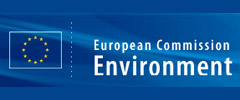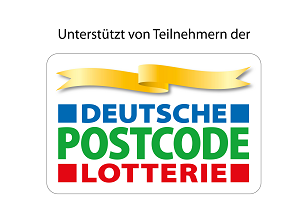EU views on CSD-13 Water and Sanitation
in preparation of the meeting 11-22 April at the UN in New York
01.02.2005 |Sascha Gabizon

Drinking water well in rural Romania
based on stakeholder meeting of 13 Dec 2004
WECF participated in the stakeholder meeting organised by the Dutch Presidency of the EU in preparation of the upcoming meeting of the UN Commission of Sustainable Development, which will focus on what implementation steps need to be taken to reach a.o. the Millenium Development Goals on water and sanitation.
The current document is the result, and is a useful tool for the negotations which will take place from 11-22 of April 2005 at the United Nations HQs in New York.
The EU statement highlights the need for Gender equality and development of appropriate technologies like Eco-Sanitation, here some excerpts from the document:
1.1. Gender Equality
Barriers to achieving gender equality are high and will not be overcome simply by action focused on the themes of each cycle. As such, cross-sectoral action in support of women’s full and equal access to economic opportunity, land credit, education and healthcare, as agreed in the JPoI, is required. Constitutional and legal barriers that bar women from access to credit, ownership or inheritance of land should thus be eliminated in order to help them to fulfil their basic needs such as housing and water. Governments should take all appropriate measures to ensure women’s equal right to enjoy adequate living conditions, as provided for in the Convention on the Elimination of All Forms of Discrimination Against Women (CEDAW), particularly in relation to housing, sanitation, electricity, water supply, transport and communications.Private sector involvement on all themes of the CSD should be consistent with and supportive of corporate responsibility and accountability principles, as addressed in the JPoI and should improve gender equality by adherence to International Labour Organisation (ILO) core labour standards. (...)
B.2. SANITATION
Adequate sanitation is necessary to protect human health and the environment. Its provision is (or can be) closely linked to the provision of safe drinking water. Many of the policy options outlined in the previous paragraph are relevant for the provision of adequate sanitation as well. In achieving the commitments on sanitation, three issues are important to highlight for the implementation:1) Sanitation is closely related to human dignity and security, and understanding of the cultural context (underlying both demand and delivery) is essential for sanitation programmes to be sustainable.
2) Environmental sustainability is essential to sustained success in reaching the MDG target on sanitation. Healthy ecosystems are required to ensure the safe disposal of excreta – by providing the space, the disposal media, and the functions to recycle nutrients. In return, adequate sanitation can help maintain environmental health. Ecological sanitation methods can also be more affordable than regular methods, and thus can achieve sustainable development by also reducing poverty. (...)
Download the full document (doc.)


































